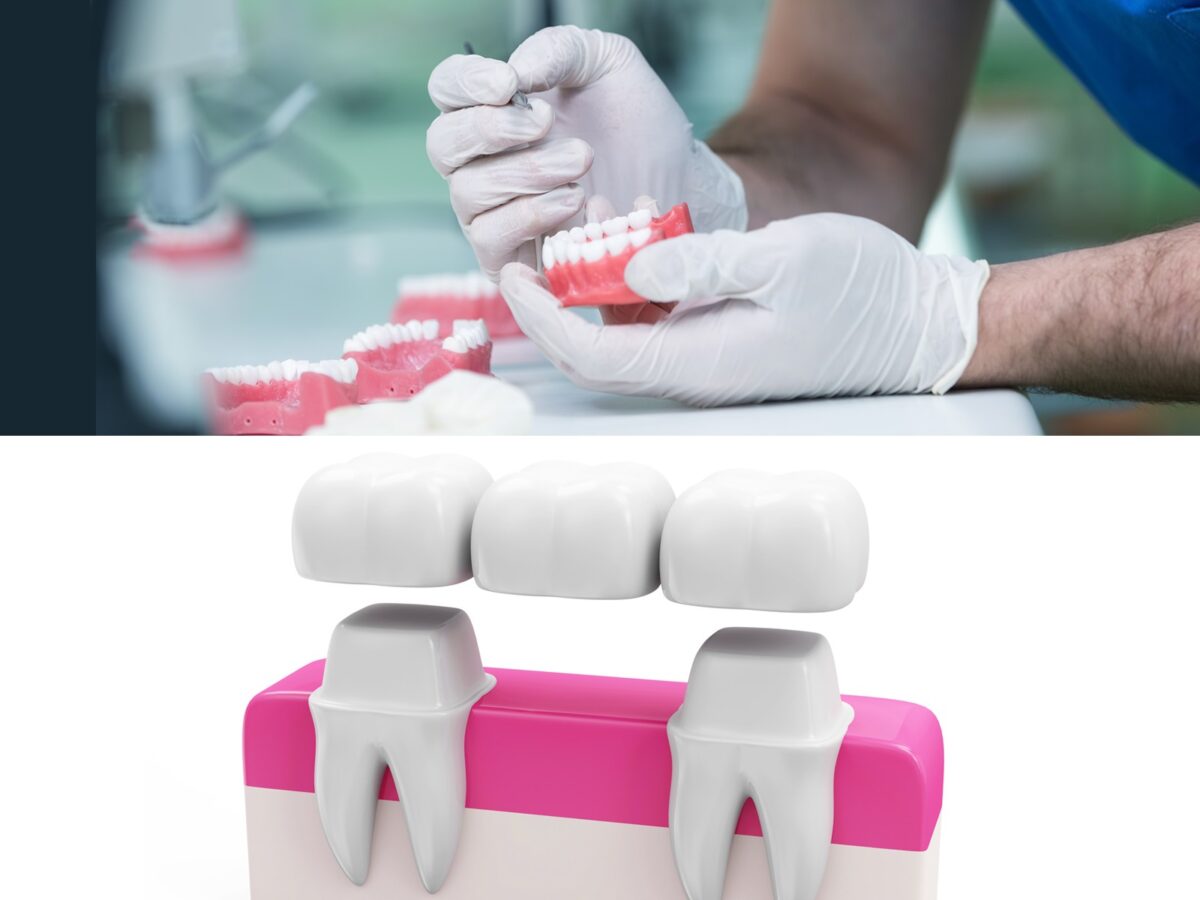If you have lost a tooth and are left considering some solution for it, then do not worry, there are several options for replacing it. The most commonly used are dentures, bridges and implants. But what is the difference between dentures and bridges? Deciding which method of replacement out of these will suit you the best is the first step in getting a full set of functional teeth. This can depend on several factors like the number of teeth lost, existing dental health, etc.
Why Dealing With Missing Teeth Is Important?
Replacing the missing teeth is crucial for your oral health. Not only is affects the way you look, but there are also several other harmful effects of having a tooth gap:
- The surrounding teeth can rotate into the empty space.
- Biting food is affected.
- It also has an effect on the speech of the person.
- Gives a displeasing look to the face.
- Makes your teeth less functional. The strain on the neighboring teeth increases.
- Food may get accumulated in the gap leading to tooth decay.
- Can be the cause of various diseases such as TMJ and gum diseases.
DENTURES:
Dentures or false teeth are removable replacements. They can be partial or complete spanning over an entire arch. Dentures are attached to the teeth temporarily by clasping them. They have to be taken out while sleeping and can also be removed to clean. They are attached to a plate making the removal easier.
People opt for dentures to have a natural-looking restoration of missing teeth which isn’t permanent. In case there are odds of losing more teeth, later on, dentures are preferred over other methods as they can be removed later.
BRIDGES:
Bridges are usually chosen when a few teeth have to be replaced. They are permanent artificial teeth that are held in place by bonding to the surrounding teeth. The neighboring teeth fitted with crowns help keep the new tooth intact. Bridges are custom made for individuals by measuring the tooth gap.
Various types of bridges such as those made up of metals, alloys and porcelain are available to choose from. Bridges are not preferred when the full set of teeth needs replacement.
What Method Would it be a Good Idea for you to Pick?
Understanding what is the difference between dentures and bridges makes it easier to decide which method is more suitable for an individual. If you are looking for a permanent and hassle-free solution to missing teeth, bridges are better. The drawback of having dentures is that they have to be regularly cleaned by removing them which can be time-consuming and cumbersome. Dentures come into use when the number of teeth needing replacement is high as bridges cannot replace a full set of teeth. Other methods like dental implants which are permanently inserted into the gums can also be used to replace lost teeth.
Book Appointment to find out which treatment might be best for you.



